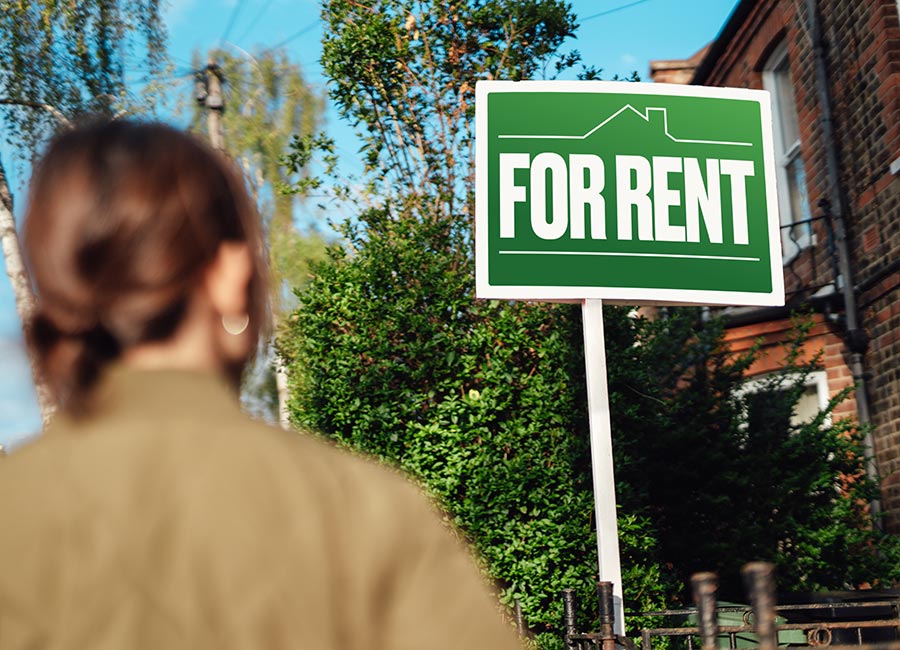The body representing auctioneers has questioned claims by the Residential Tenancies Board that the number of landlord is increasing.
Instead, IPAV, the Institute of Professional Auctioneers & Valuers warned there has in fact been an "exodus of private landlords from the market".
Figures in the RTB’s latest quarterly update showed the number of registered landlords and tenancy numbers rose in the first quarter of 2025 year-on-year.
Since the third quarter of 2023, the number of landlords registered with the RTB has risen by over 5,000, with landlords renting out one property accounting for two-thirds of all landlords.
The RTB also said the standardised average rent for new tenancies in Ireland rose 5.5% last year, to €1,680, by the end of the last quarter.
Renters entering new tenancies continue to pay more than those in existing tenancies, according to the RTB, as the amount existing tenants pay rose 4.6% to €1,440.
However, IPAV’s Chief Executive Pat Davitt warned the situation has in fact deteriorated over time, despite record high rents.
He said the review of the rent pressure zones is critical “to find the right solutions that will improve the supply of homes for both rental and purchase.”
The latest figures show landlords with just one property form the largest cohort of the rental market at 25.09% but the figure has dropped 0.4% in Q1 2025 from the previous quarter.
At the same time, those with 100-plus properties increased by 0.45%.
This, he said, has been a steady trend in this direction since the RTB adopted its new tracking system in Q2 2023.
“The drop in private landlords is attributable to high taxes that do not apply to institutional landlords, up to 52% of rental income, and onerous regulation," said Mr Davitt.
“All landlords are impacted by onerous and constantly changing regulations. In this regard the review of the RPZ legislation currently underway by the Minister for Housing is critical."
And he said that a cliff-edge finish to the legislation would leave many exposed to substantial rent increases, several factors could help ease the transition.
“Market rent should be capable of being charged when a tenant leaves a property of their own volition,” he said pointing out that the OECD said in February that the Government should allow rents to be “freely adjusted” when tenancies end so that costs to maintain the property can be kept in line with inflation.
Mr Davitt said the 360 drop in the number of tenancies between Q4 2024 and Q1 2025 was notable.
He noted prior to the RTB’s new compilation system previous RTB data found a drop of 40% in the number of private landlords between the end of 2021 and the end of 2023.
RTB director, Rosemary Steen, who promised an investigation into unusually high rents in Galway, said:
“The minister will be mindful of the fact that any change in rent controls has implications for both landlords and tenants,” she said.

“We simply administer whatever rules the minister chooses to put in place.
“In terms of the data, it’s our duty to make sure policy decisions are informed by data.”











